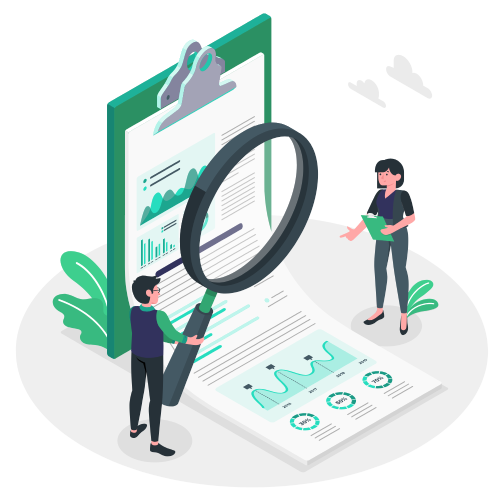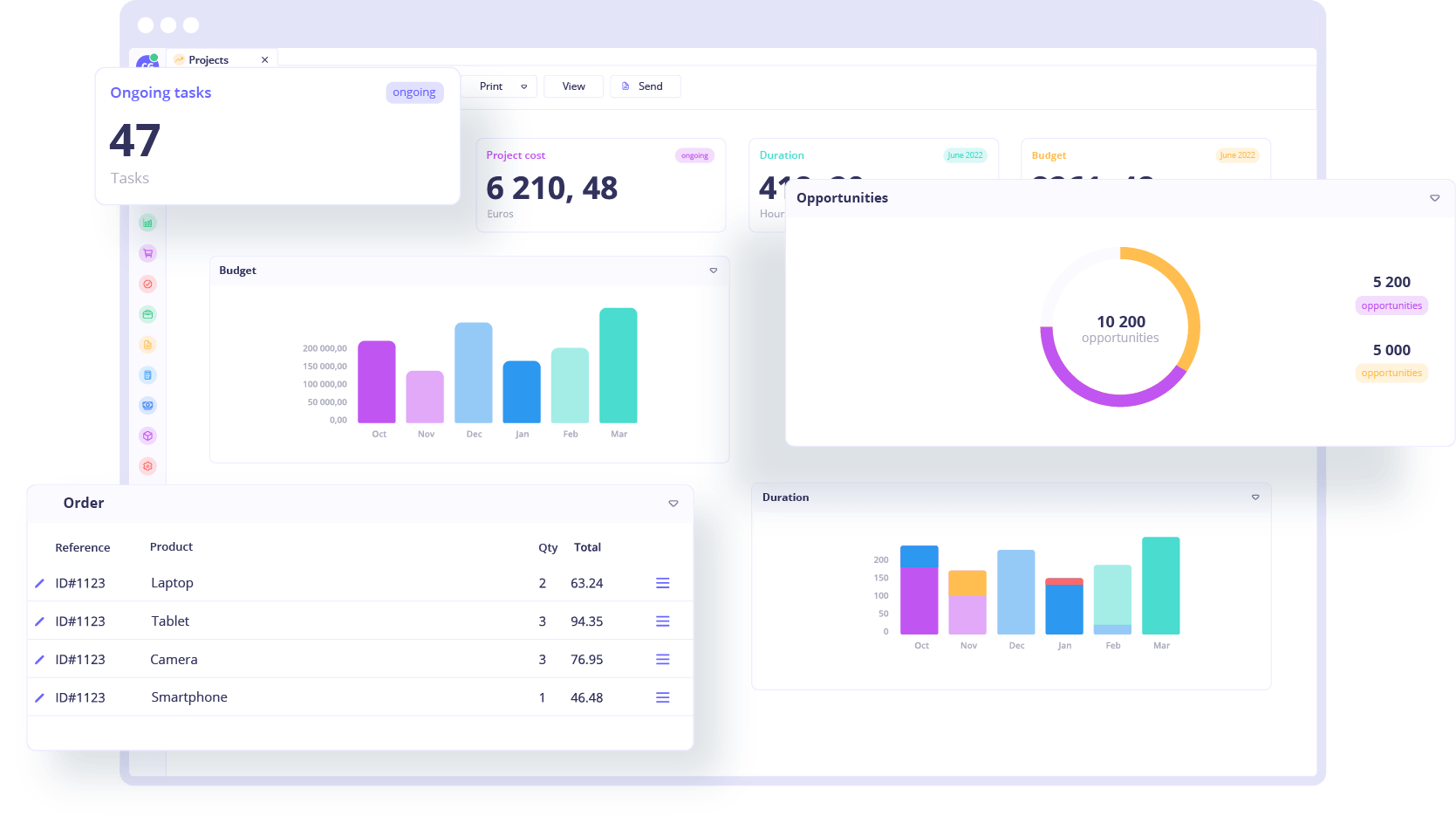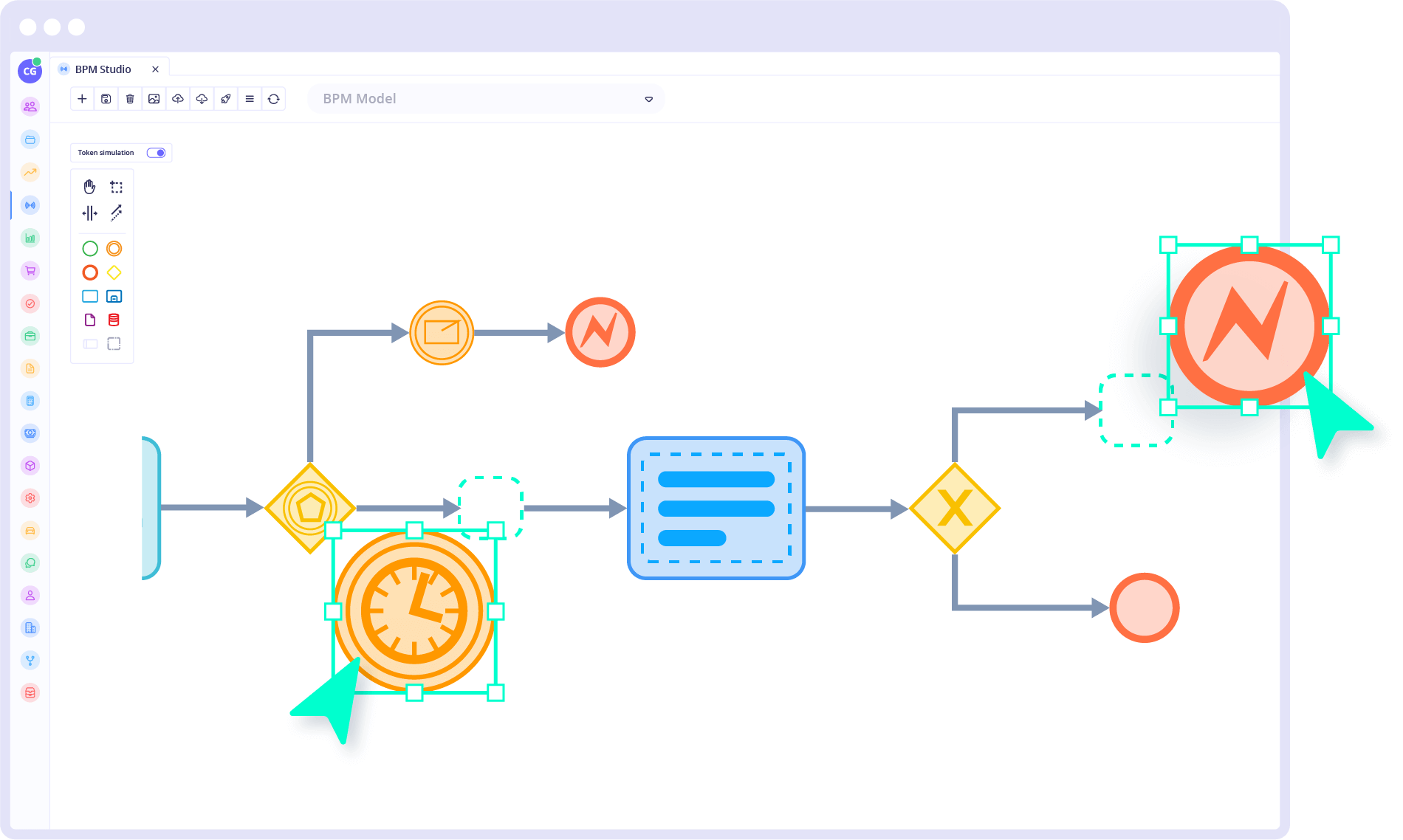ERP
ERP for service companies: optimal project tracking to boost your business
Service companies face many challenges, including managing resources, planning projects, and tracking financial performance. ERP (Enterprise Resource Planning) systems are designed to meet these challenges by providing an integrated platform for managing all company processes. In this article, we’ll look at the benefits that ERP software can bring to service companies, as well as the key functionalities that an ERP system must have to meet the specific needs of this type of business. We’ll also look at the criteria to consider when choosing an ERP system for a service company.
Contents
What are the challenges facing service companies?
Service companies are businesses that provide assistance to other companies or individuals. The challenges faced by these companies are manifold, and can vary according to sector of activity, size, and business objectives.
Here are some common issues companies may face:
Quality of service:
Companies need to deliver quality actions to their customers to maintain their satisfaction and loyalty. Companies that fail to deliver quality service risk losing prospects and damaging their reputation.
Competition:
Organizations often operate in highly competitive markets. To remain competitive, they must innovate, offer unique and differentiated activities, and maintain competitive prices.
Costs:
Companies must manage their costs to maintain profitability. This can be particularly challenging in high-cost sectors such as high-tech.
Talent management:
Organizations often rely on the skills and knowledge of their staff. To succeed, they need to attract, train, and retain talent.
Digital transformation:
Companies need to be able to adapt to changing technologies to stay relevant and offer quality services. This may involve implementing new technologies, training their staff, and adapting their operational processes.
Regulation:
Service companies may be subject to strict regulations, which can have an impact on their business and profitability. They need to be able to comply with these rules while continuing to deliver quality.
What are the needs of service professionals?
The needs of professionals can vary according to their field of activity, but in general, here are some of the most common requirements:

Clear communication:
Being able to communicate clearly with their customers and colleagues. The ability to communicate in different languages, understanding of technical terminology and the ability to communicate empathetically.

Technical skills:
The various professions must have in-depth knowledge of their field of activity, as well as the technical skills to meet their customers' needs.

Time management:
Manage their time effectively, paying particular attention to deadlines and priorities.

Listening skills:
Listening to needs, being able to hear their concerns and offer solutions.

Flexibility:
Be flexible to meet the changing needs of their customers and business.

Problem solving:
Be able to solve problems quickly and effectively, finding creative solutions to complex challenges.

Market knowledge:
Be aware of market trends and new technologies to be able to offer competitive and innovative tools.

Ongoing training:
Engage in ongoing training to maintain a competitive edge and enhance skills.
What is an ERP for service company?
An ERP (Enterprise Resource Planning) for a service company can offer the following functionalities:
- Human resources management: Help manage employees, track their schedules, timesheets, and payroll.
- Project planning: Use an ERP to plan actions, assign resources, and track work progress.
- Sales and customer management: A platform-integrated CRM can help manage customer contacts and relationships, track sales opportunities, and manage quotes and contracts.
- Invoicing: Use tools to create invoices, track payments, and manage accounts receivable.
- Financial management: Use an ERP to manage finances, track expenses and revenues, and produce financial reports.
A Cloud ERP can help centralize and automate business activity which can improve efficiency, productivity, and visibility.

Why use an ERP for service companies?
Service companies can benefit from using an ERP (Enterprise Resource Planning) for several reasons, including:
Improving efficiency: Enabling automation of business activities, which can help reduce waiting times, eliminate manual tasks, and increase overall efficiency.
Centralize data: Help centralize data which can simplify management and access to information. Employees can easily access the data they need to do their jobs as data is stored in one place which can reduce errors and duplication.
Improve collaboration: Offer collaboration features that make it easier for employees to work together, exchange information, and track progress. This can foster communication and cooperation within the company.
Offer increased visibility: Provide visibility into business processes, which can help managers make informed decisions. Reporting and analysis can provide indicators on performance, market trends, and growth opportunities.
Improve customer satisfaction: Help improve customer satisfaction by making it possible to track interactions, respond quickly to their requests, and provide accurate information on their projects or orders.
Using an ERP can help both large corporations and SMEs improve efficiency, centralize data, enhance collaboration, provide greater visibility, and improve customer satisfaction. The benefits of ERP include helping companies stay competitive, reduce costs and increase revenues.
What are the functionalities of an ERP specialized for service companies?
ERP (Enterprise Resource Planning) software is an integrated management system offering a complete solution for planning, managing, and monitoring business activities. Service companies have specific needs in terms of HR management and project tracking.
Here are a few key functionalities that an ERP can offer:
Human resources management:
Make it easy to manage employee schedules, track hours worked and hours on leave, and manage timesheets.
Project management:
Provide complete visibility of actions in progress, including tasks, costs, and deadlines. This enables companies to better plan and monitor their work.
Invoicing:
Generate accurate invoices and track payments. Invoicing functionalities can also include contract and quotation management.
Customer relationship management:
Offer a 360-degree view, including their purchase and communication history. This can help professionals better understand their customers' needs and improve their customer service.
Reporting:
Provide reports and analysis on business activities, including current projects, profitability, and employee productivity.
An ERP specialized for service companies can help them better plan, organize, and manage their business activities, while providing an overview of their performance and profitability.
What are the benefits of using an ERP for your company?
An ERP (Enterprise Resource Planning) module can offer several benefits for your company, including:

- Data centralization: Centralize all data (finance, sales, purchasing, inventory, production, etc.) in a single tool, facilitating management and decision-making.
- Process optimization: Standardize and automate actions, which can improve efficiency and productivity.
- Better visibility: Gain a global view of the business enabling you to better understand trends and performance, and make informed decisions.
- Reduced costs: By optimizing organization and improving visibility, an ERP system can reduce operational costs.
- Improved customer satisfaction: In addition to ERP for inventory management, an integrated CRM can improve customer satisfaction by ensuring fast and reliable delivery.
- Adapt to change: Manage changes in the business, such as expansion or diversification by providing an overview and facilitating the integration of new processes.
An ERP solution can help improve efficiency and productivity, while offering greater visibility and better planning management.
How can you implement service-oriented ERP software in your company?
Implementing ERP can be complex, but here are some general steps to get you started:
- Identify your business needs: before you start looking for software, it’s important to determine the applications you need. Take time to think about the processes and tasks you want to automate.
- Research and select a tool: there are many industrial and service-oriented ERP software packages on the market, so it’s important to do thorough research to find the one that’s right for your business. Ask for demonstrations, free trials, and customer references to ensure you choose the right tool.
- Prepare existing data and systems: before installing an ERP system, you need to ensure that all data is ready for import into the new system. You also need to ensure that existing modules, such as accounting and payroll software, are compatible with the new software.
- Customize and configure the ERP solution: once you’ve installed the tool, you need to customize and configure it to meet your company’s needs. This can include configuring workflows, creating customized reports, and adding additional data fields.
- Train users and test the system: before deploying the platform on a large scale, you need to train users in its use and carry out tests to make sure it works properly. You can start with an in-house test phase before expanding.
- Deploy the solution and monitor results: once you’ve completed testing and training, you can deploy ERP on a large scale. Make sure you monitor the results to ensure that the ERP software is working as intended and that your company is reaping the expected benefits.
Implementing an ERP module involves careful planning, thorough research, rigorous testing and adequate user training. With successful implementation, this tool can offer many benefits.
Why choose Axelor Service ERP to boost your business?
Axelor’s Open Source ERP lets you manage all your tasks on a single platform:
- Recruitment
- leave management
- expense reports
- payment of service providers
- cash flow monitoring
Axelor’s solution is equally well-suited to digital consulting firms, design offices, communications agencies, and software publishers. Thanks to all our dedicated applications, Axelor enables you to optimize automated job management, calculate your profitability in real time, and manage your job applications by simplifying your recruitment. We can also help you meet your ERP specifications. Another advantage of our solution is the mobility it offers your staff, who can easily use the tool even when offline.
Find out how our ERP can help you improve your company’s performance
An expert will contact you shortly to discuss your project.